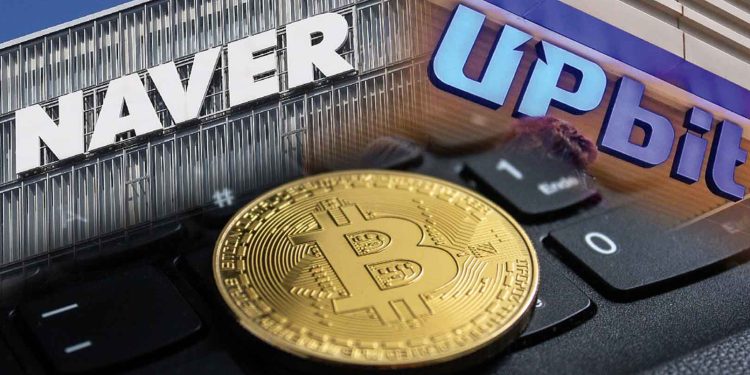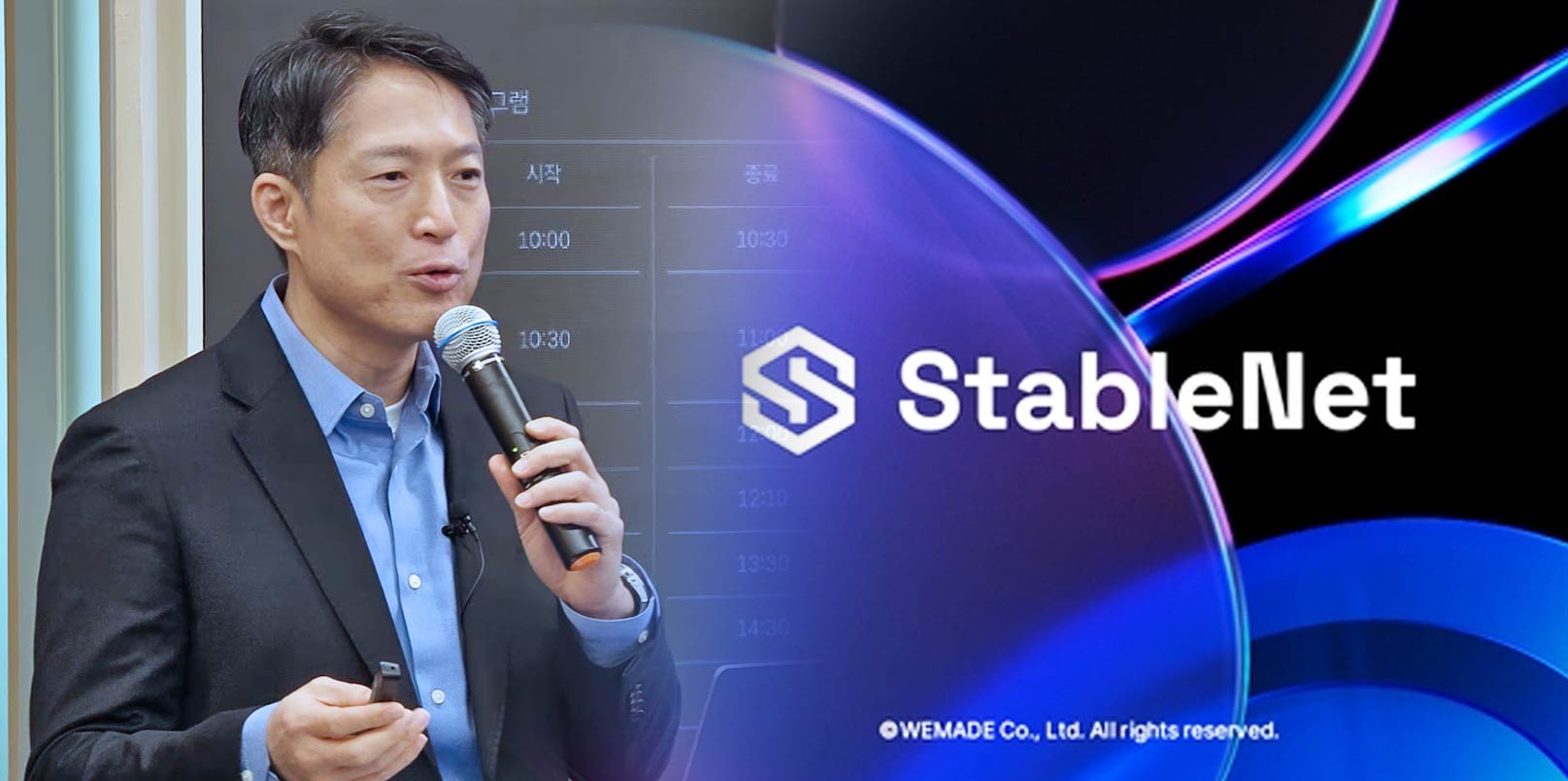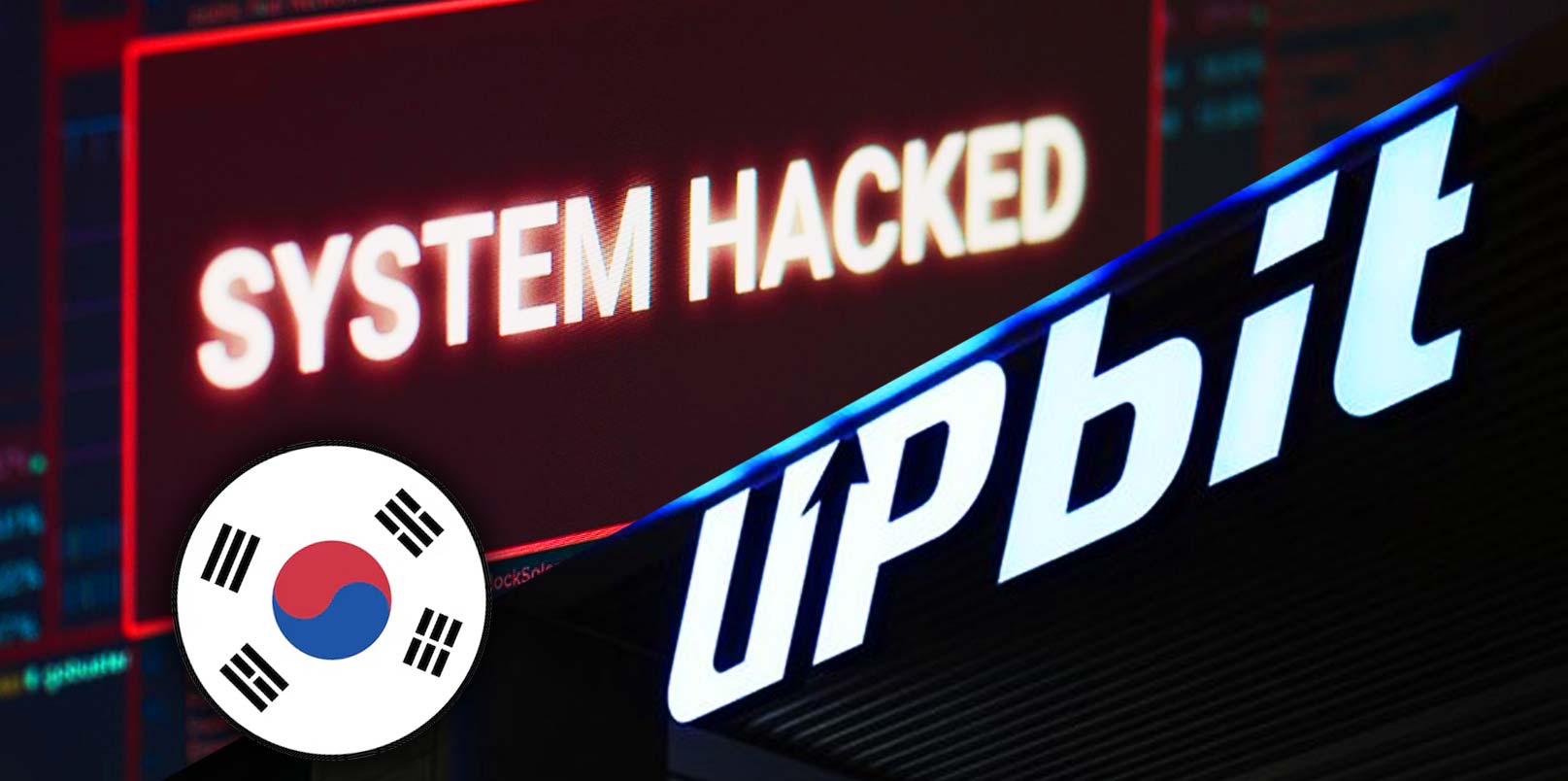Korea’s fintech and crypto ecosystems are converging at an unprecedented scale. Naver’s move to integrate Upbit, the nation’s largest virtual asset exchange, under Naver Financial is more than a corporate deal. This Naver – Upbit deal marks Korea’s entry into the global stablecoin race, raising speculations about how digital finance, regulation, and startup investment will evolve in the coming decade.
Naver Moves to Acquire Upbit Through Stock Swap
Naver confirmed plans to fully incorporate Dunamu, the operator of Upbit, via a comprehensive stock swap handled through its fintech subsidiary, Naver Financial. Both companies are expected to convene board meetings soon to approve the exchange.
Once completed, the merger will combine Naver Financial’s annual transaction volume of roughly 80 trillion won with Upbit’s position as Korea’s top crypto exchange and the world’s fourth-largest by trading volume. Industry analysts describe the deal as a turning point for Korea’s digital finance sector.
The Stablecoin Frontier: Korea’s Bid to Lead Digital Finance
The immediate strategic focus is the launch of a Korean won-denominated stablecoin. Both Naver and Dunamu have been preparing for this step as Korea’s financial authorities move toward regulatory recognition of stablecoins.
If issued, Dunamu’s blockchain infrastructure would back the stablecoin, while Naver Pay’s extensive payment network would provide mass adoption channels. Combined with Naver’s strong e-commerce presence, this could create an ecosystem where a won stablecoin is quickly integrated into daily consumer and business transactions.
Mirae Asset Securities projects the stablecoin business could generate up to KRW 300 billion (approx. USD 220 million) in annual revenue by 2030 if adoption succeeds.
What Analysts and Insiders See in the Naver – Upbit Acquisition
An industry official familiar with the process told local media,
“Both companies are expected to hold board meetings soon to approve the stock swap.”
Mirae Asset Securities noted in a recent report,
“If Naver and Upbit’s stablecoin issuance materializes, the project has the potential to grow into a business generating 300 billion won annually by 2030.”
Naver, however, clarified in a regulatory disclosure,
“Naver Financial is discussing various forms of cooperation with Dunamu, including stablecoins, unlisted stock trading, and stock exchanges. No additional details have been finalized.”
Naver – Upbit Deal: Implications for Korean Startups, Investors, and Policymakers
The impact of this merger stretches well beyond Naver and Dunamu. Together with Naver Financial, the three companies are preparing investments worth tens of trillions of won over the next decade, channeling capital into fintech, AI startups, and blockchain ventures.
Such a move could reshape the landscape in several ways. Stablecoin infrastructure has the potential to draw fintech and blockchain startups into Korea’s financial mainstream, giving them the institutional backing they have long lacked.
At the same time, the project will serve as a live test of how Korea regulates stablecoins—an area where governments worldwide are still trying to strike the right balance between innovation and financial stability.
Finally, by linking a dominant tech platform with a top-ranked global exchange, Korea is sending a signal to international markets that it intends to become a serious contender in digital finance across Asia.
Can Korea’s Stablecoin Ecosystem Scale Globally?
Naver’s decision to bring Upbit under its wing reflects a broader shift in Korea’s financial landscape, where digital assets and stablecoins are starting to take center stage alongside traditional fintech payments. The move opens new opportunities in payments, blockchain, and AI startups, particularly as institutional capital begins to flow into these sectors.
It also underscores Korea’s ambition to lessen dependence on legacy banking systems while strengthening its presence in global digital finance. The central question now is whether Korea can develop a stablecoin ecosystem that serves not only domestic users but also regional and international markets.
If that goal is achieved, the Naver – Upbit partnership could position Korea in the stablecoin arena much like K-pop and webtoons did in global culture: by transforming a domestic innovation into a worldwide force.
– Stay Ahead in Korea’s Startup Scene –
Get real-time insights, funding updates, and policy shifts shaping Korea’s innovation ecosystem.
➡️ Follow KoreaTechDesk on LinkedIn, X (Twitter), Threads, Bluesky, Telegram, Facebook, and WhatsApp Channel.






